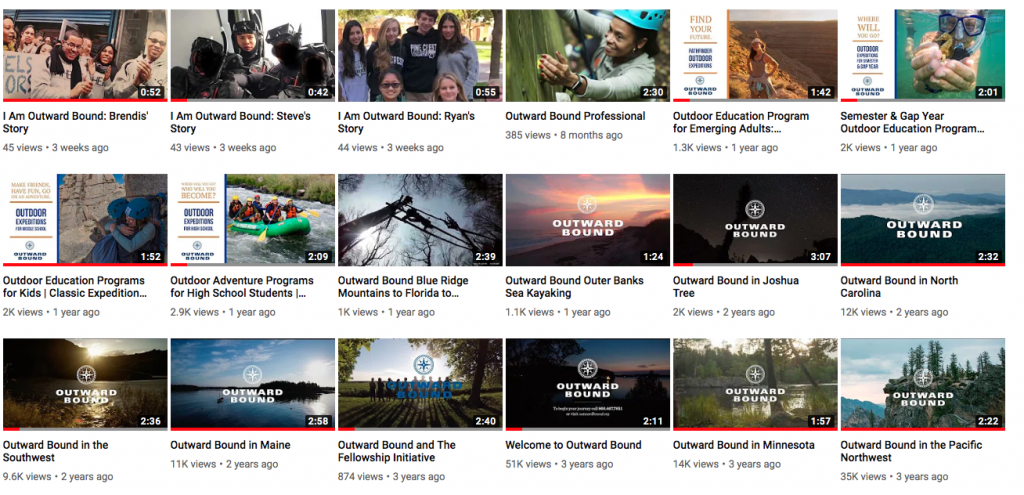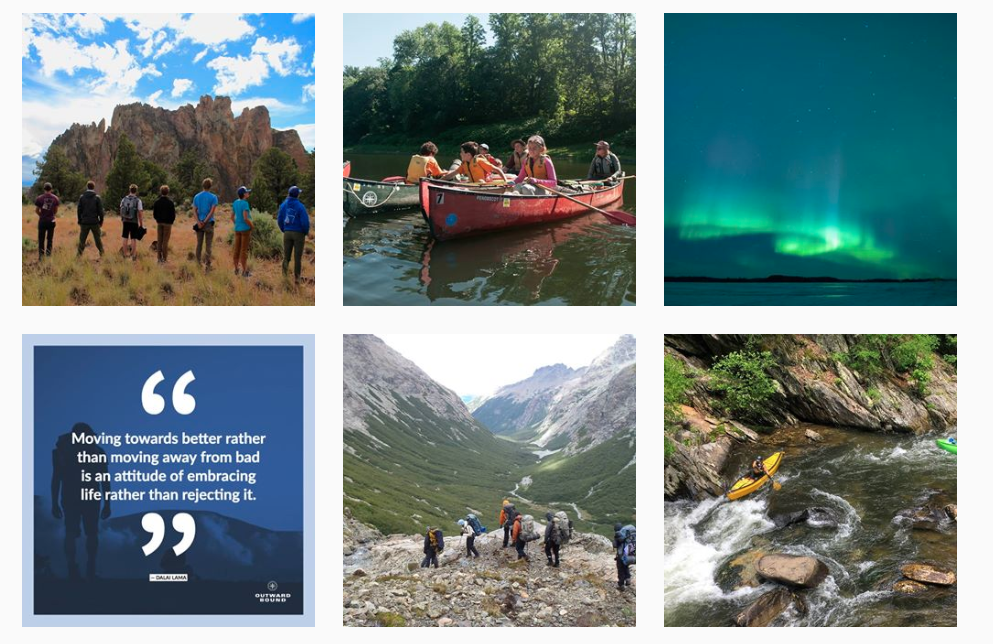Your child deserves to have experiences that transport them beyond the bounds of comfortable, where they deepen their curiosity, have practice in conquering their fears, and grow mentally and physically—all in a supportive, safe environment. And they will do all of that and more on an Outward Bound expedition. But there’s an obstacle you might face before you sign your child up: they don’t want to go. They’re not interested in ditching their online world for two weeks and learning in the wilderness. Or maybe you haven’t brought it up to your kid at all and aren’t sure the best way to approach it. You’re not alone. We talk to parents all the time about how to get their child interested in an Outward Bound course. Review the following tips on the best ways to get your child invested and ready for an experience they’ll never forget.
1. Highlight the Stunning Scenery and Locations
We’re lucky that we go to some of the most breathtaking locations in the world. Your child will camp underneath a starry night sky they’ll never forget. They’ll experience pristine wilderness in real life instead of liking a photo of it on Instagram. What’s even better is that it won’t be crowded. Instead of fighting 1,000 people for a place in line for an amusement park ride, your child will have an upfront view to incredible mountain views or endless ocean, and may see interesting wildlife—from wild horses to mountain goats. Plus, they’ll never be bored! Every moment on an expedition is spent learning, traveling, communicating, eating or sleeping. They’ll be so engaged that they won’t have time to be bored.
To recap, present these points to your child:
- You’ll get to experience breathtaking landscapes that some people never do in their entire lifetime!
- Your real-life views will be better than any photo on social media.
- Crowds won’t ruin your experience.
- You won’t have time to be bored, and you’ll love it.

Photo was taken on a Colorado Rockies Mountaineering for High School expedition, courtesy of Matt Zia.
2. Look at YouTube and Instagram Together
How do you successfully convey the points in #1? YouTube and Instagram! Nothing may be more engaging to your child than quality videos and photos—it’s the language they speak.
Spend some time on our social channels and pick what you think will resonate with your child. On our YouTube channel, we have several course location videos, covering Maine, the Southwest, Minnesota, North Carolina, Joshua Tree and the Pacific Northwest. We also have several videos showing expeditions for certain ages, including middle school, high school, Pathfinder and Semester expeditions.
Another tip we recommend is to show your child a video of ages that are a few years older. For example, show your middle school child a video of the high school group. They likely look to older kids and see who they want to be, or what they can aspire to become.
Our Instagram channel also has hundreds of visual examples where you can see what to expect on expeditions and course locations.
3. Let Your Child’s Interests Guide the Conversation
It’s understandable that you may have time constraints or travel preferences and need to stick to a certain course. If that’s not the case, we recommend including your child in the search for a course. If they are involved in that decision—meaning they get a few choices and get to choose their course—they’re more likely to be invested in their experience from the start and take ownership in this opportunity.
Would your child value learning how to rock climb in the Blue Ridge Mountains or love to see interesting wildlife in the Rocky Mountains? Speak to your child’s interests. There’s a handful of kids who would appreciate the opportunity to grow their self-confidence, but more than likely, they’ll be drawn to the fun aspects: hands-on activities, beautiful wilderness destinations and the chance to make new friends with other kids from across the country.
To get started, ask a few questions and use their answers as guiding points for when browsing the course finder on our website.
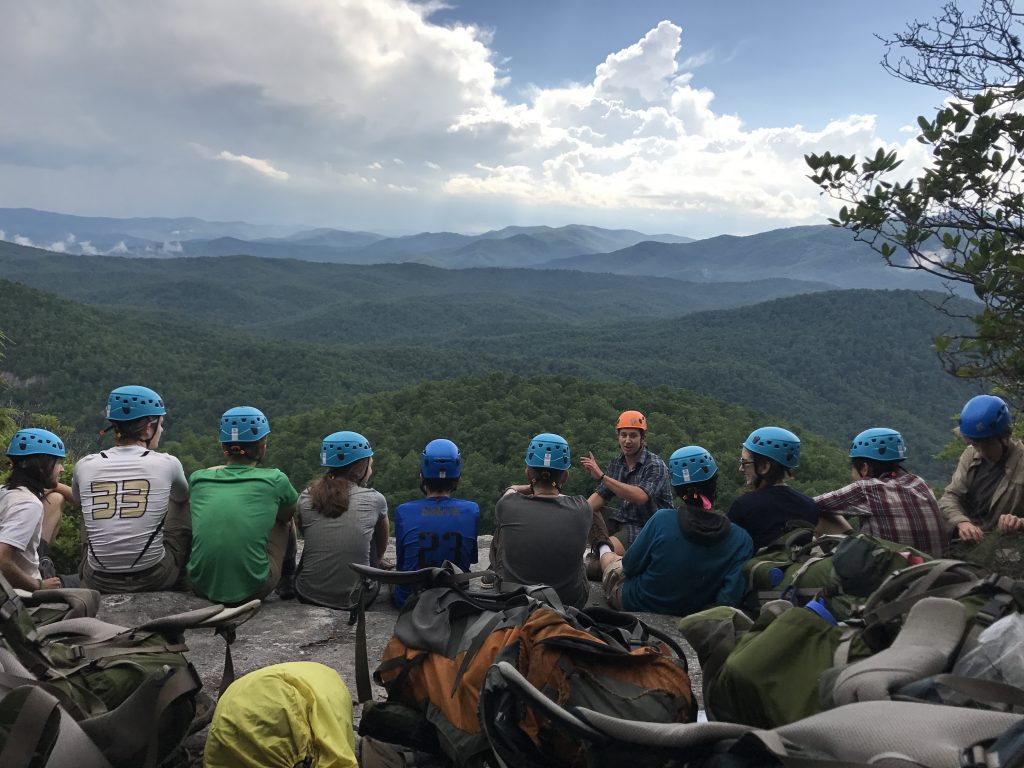
4. Set Expectations Now
Reiterate to your child that they’ll learn a ton, make new friends and yes, they will have fun. Courses are designed with fun in mind. At the end of the day, if someone is miserable, they’re not going to get much out of the experience. If your child is worried about what type of experience they’ll have, we can assure you no one leaves an Outward Bound experience bored.
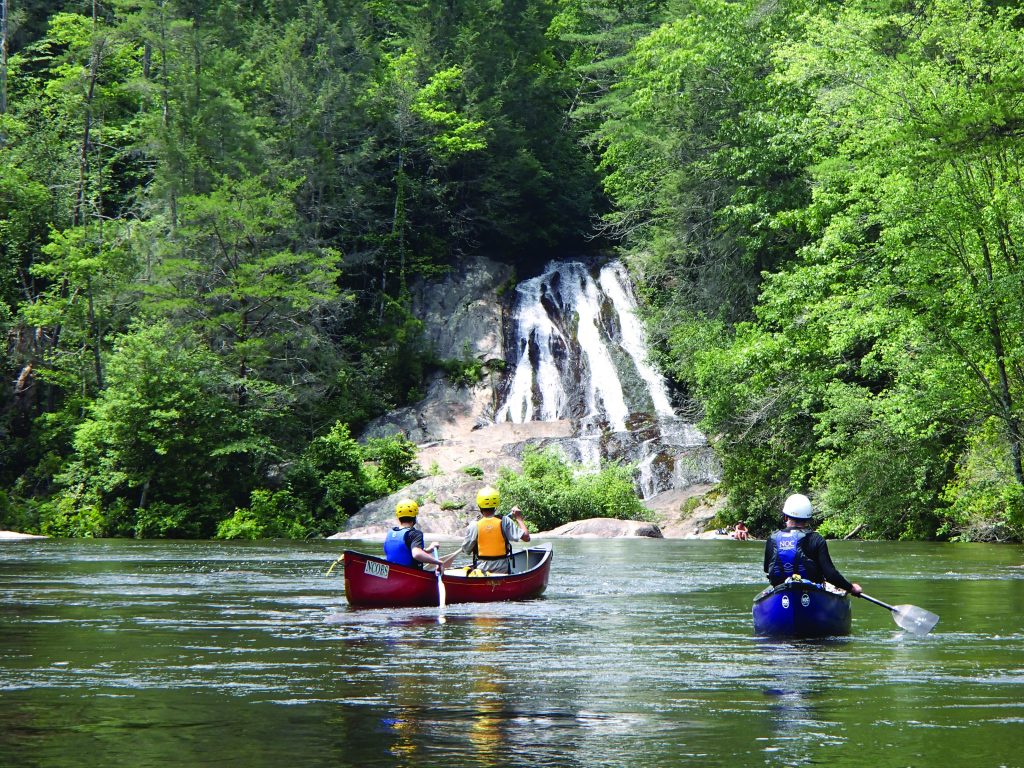
5. Going Alone is a Good Thing
If your child won’t know anyone on their course, they’re not alone by any means! Their whole group will likely not know each other, and this is a positive thing. Because the entire group doesn’t have pre-existing relationships, they’re able to engage with each other on an authentic level. From the moment they meet, everyone is in an unfamiliar place where they figure things out together. Everyone has a voice and gets to share their story. And without your kid knowing it, they’re getting that personal growth; they’re meeting new people and making new friends, flexing their curiosity.
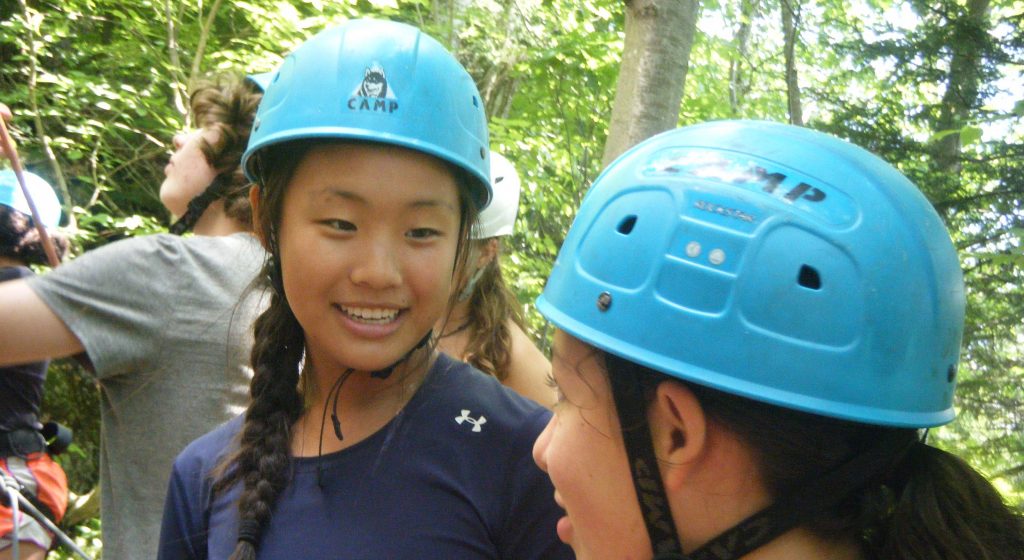
6. If Solo is an Issue
Perhaps your child has heard about Solo and they think it’s a “survival experience.” This is exactly what Solo is not. Solo is an opportunity for personal space where students can reflect on their experience. We often hear that the students who have the most concern about it end up finding it the most rewarding part of their course experience. Plus, all students are in relatively close proximity to one another and their Instructors, so it is completely safe.
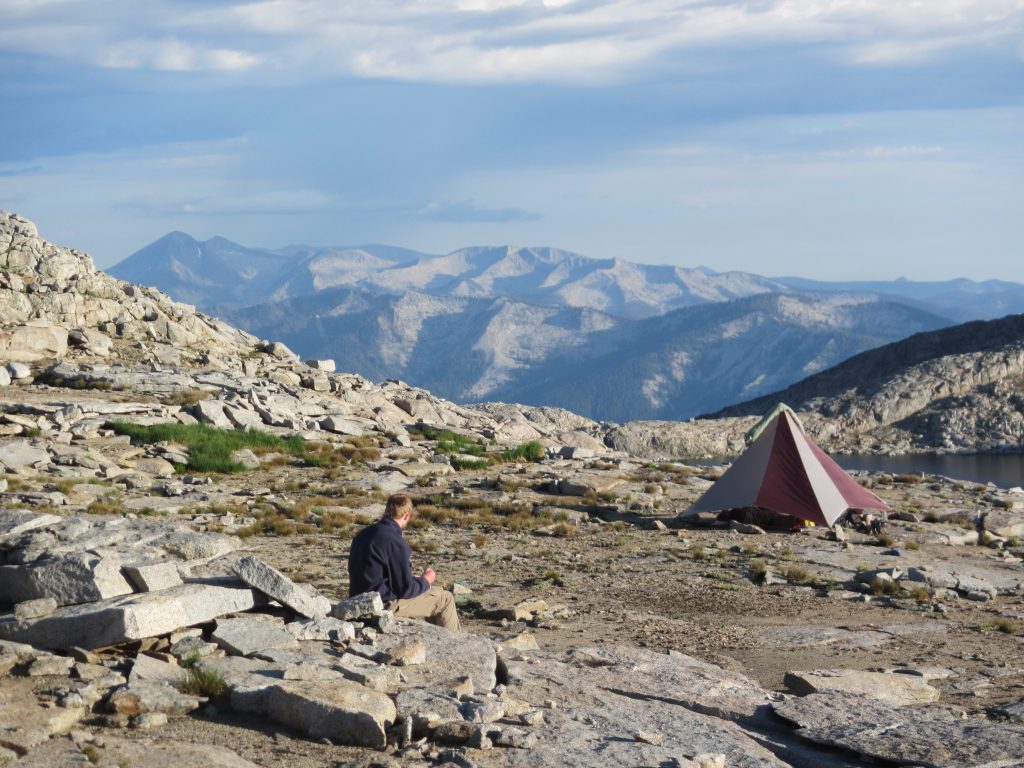
7. Addressing This Reaction: No Cell Phone? No Way
This might be a hard sell to your teen: no cell phone, no social media, no technology. However, there are so many benefits to putting the smartphone away. Students are so engaged on their expedition that they don’t even think about their phones. Every waking moment they are engaging in an activity—like making breakfast or learning how to paddle. All of the amazing photos they have seen through media will be in front of their eyes, in real life.
A lot of teens don’t realize how much stress their phone or social media brings into their lives. After they experience an expedition—having a real, tangible experience—they’ll realize they did something that no amounts of likes on social media can ever give them.
And if your child is really concerned, you can tell them they can still access their phone when they first get to the airport meeting location at the beginning of their course, and again at the end.
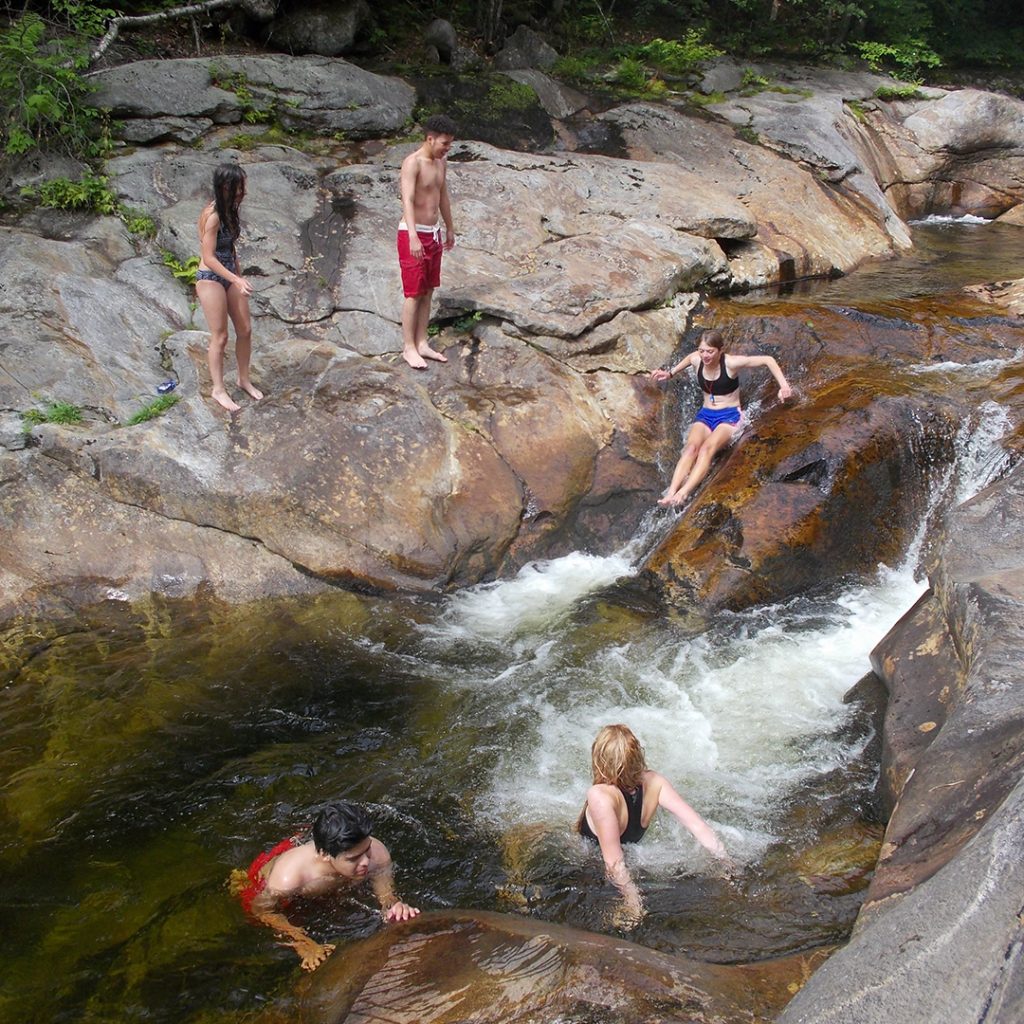
8. Who are the Instructors?
Outward Bound Instructors are a rare breed. They are well-qualified in maintaining physical and emotional safety, facilitating group dynamics and character development. They ensure a safe environment, maintain that all students’ needs are met and—the best part—that they are challenged. But your child might not care about any of that, although we know you do. Your child will care, however, when their Instructors are interesting people because they come from all walks of life and have diverse backgrounds. And they can teach your child about their interests if they want to learn.
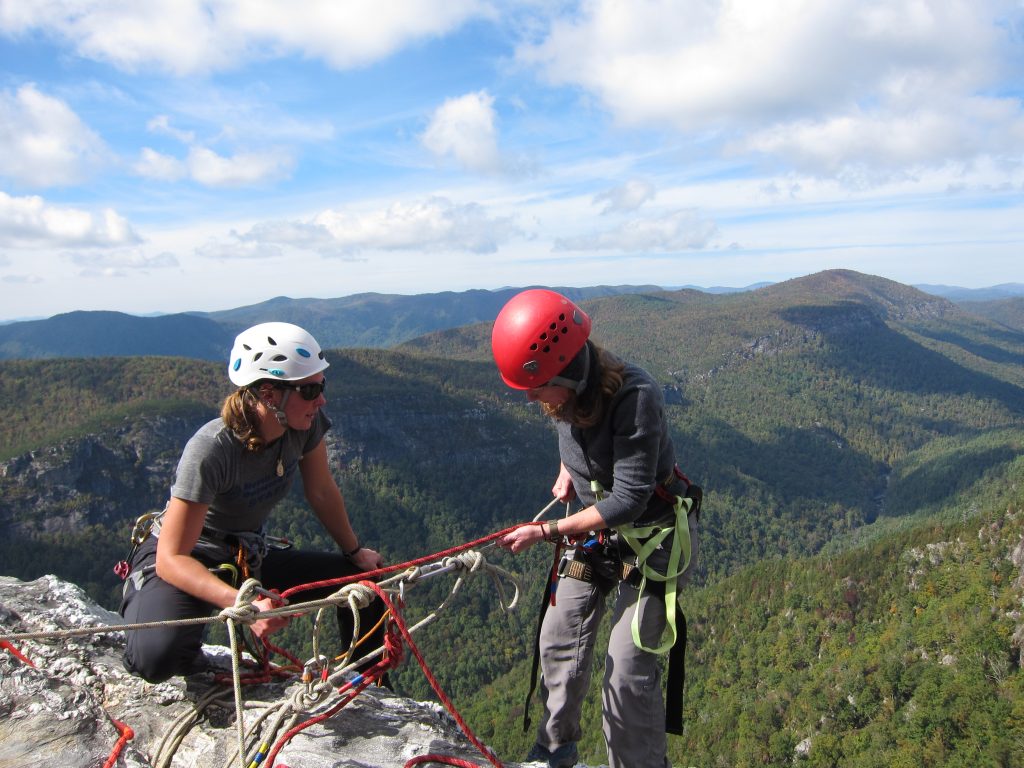
9. It’s Not a Punishment, It’s an Opportunity
An Outward Bound expedition is the experience of a lifetime. It’s rugged, challenging, rewarding and fun. This opportunity is nowhere close to a punishment. Your child will walk away with so much—new friends, stories that will make them laugh and experiences that will make them realize they are stronger and more capable than they ever realized.
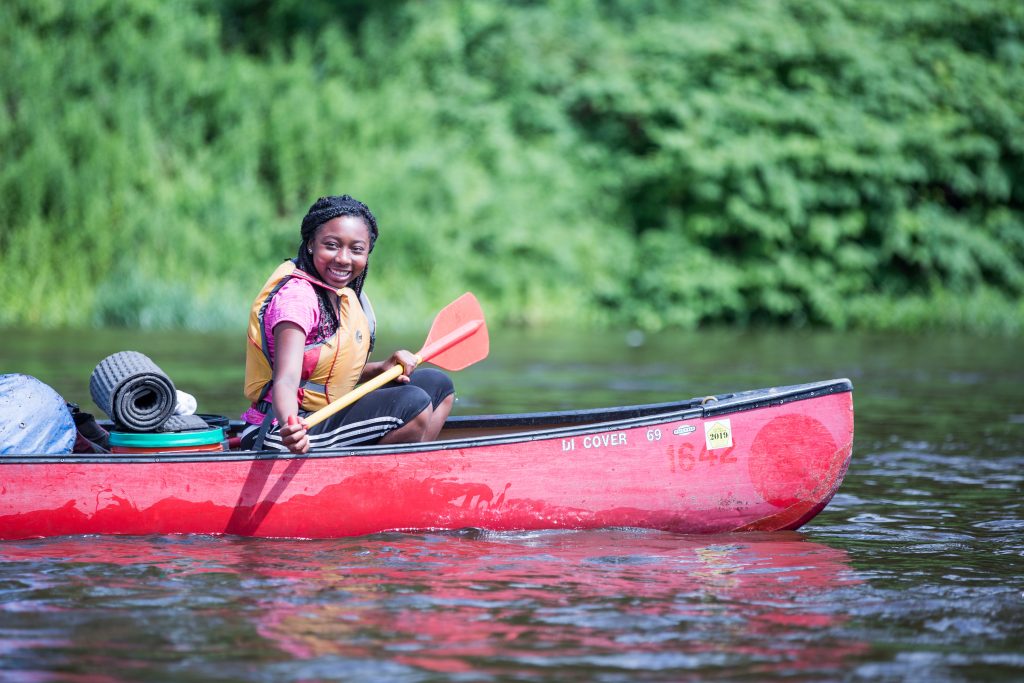
10. Be Willing to See Things from Your Child’s Perspective
Throughout your conversation, as you often likely do, it’s important that you ask questions, listen, acknowledge and validate your child’s feelings. They may be showing resistance to this topic if they have certain fears, whether they’ve expressed that or not. The thought of going alone to a new place with unfamiliar people may be terrifying to them. Remember to talk through it together. Lay it all out on the table, point by point. Let them know you see their fears or hesitations. Listening to your child talk will help you understand where to veer the conversation and how to best support them.
P.S. We try to celebrate birthdays and special days on courses. There may be bakeless cheesecake and lots of singing.
P.P.S. If your child is still hesitant, we can try talking to them, too. Call us! 866.467.7651



